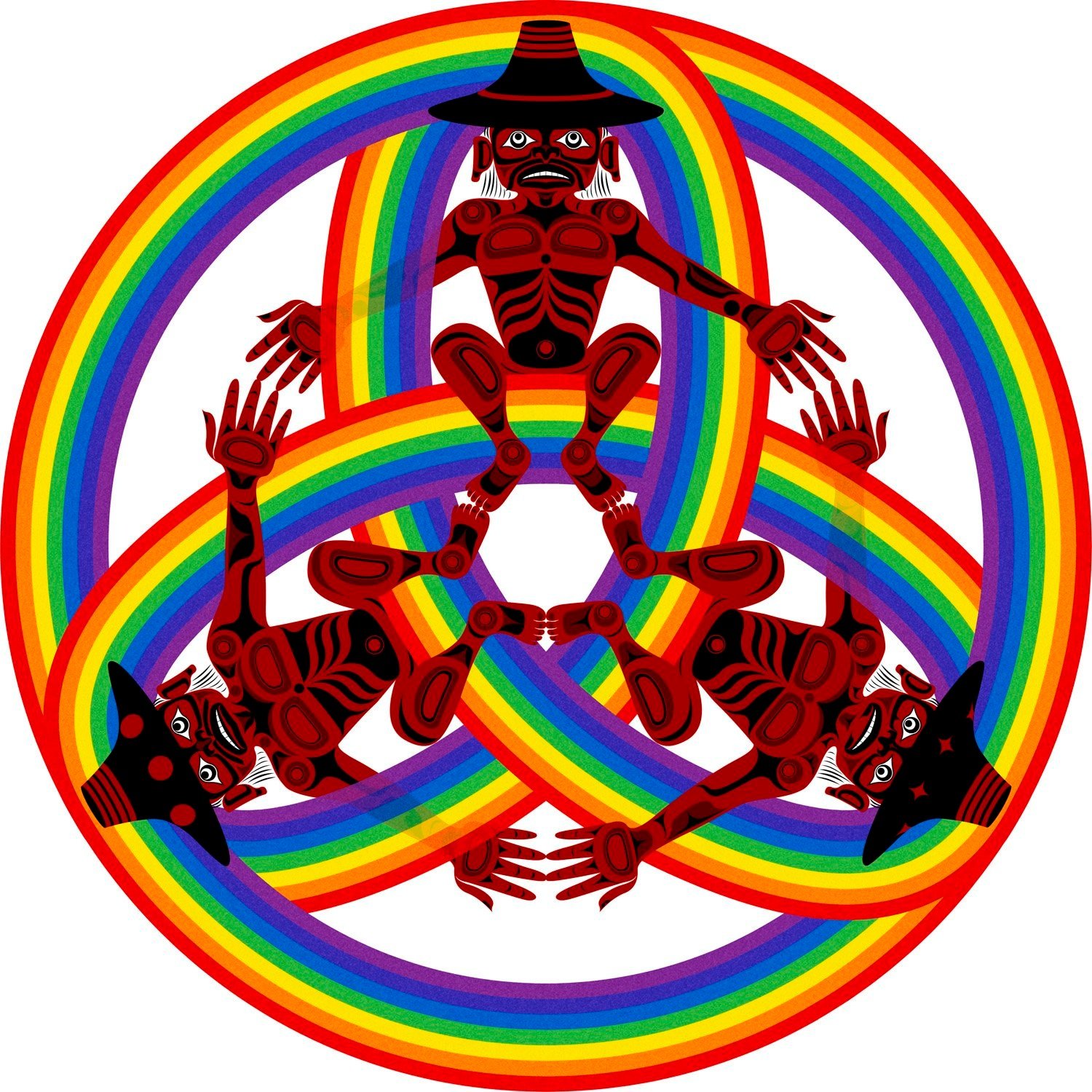
Anti-Racism and Anti-Hate
Through a Restorative Justice lens, the Community Justice Centre receives and responds to reports of incidents including racism, homophobia, transphobia or other forms of hate.
On this page
Why report? | What happens when I report? | What can I do if I’m a bystander?
This service is not intended to replace emergency services. If you are in immediate crisis or danger, call 911.
Why report?
Reporting is always confidential and can be anonymous.
As a witness or bystander:
Shows support for those targeted
Shows support for affected bystanders
Helps our community stand against discrimination
Builds a healthier environment for everyone
If you’ve experienced harm:
Helps acknowledge your experience
Contributes to positive social change
Offers you the opportunity to explore supported response and resolution to the incident
In both cases, reporting:
Contributes to systemic change
Assists in resource development and capacity building to address racism and hate
Helps to identify and track patterns of hate and racism in our community
We understand that there is no single action that can solve racism or hate.
They are systemic, complex, and multi-faceted issues that have to be challenged on all fronts.

By reporting, you will be assisting in identifying patterns of racism and hate within our community and province. This will, in turn, help inform the development of anti-racism resources and initiatives, as well as support capacity-building efforts.
All data will be anonymized to ensure the confidentiality and safety of those who report.
What happens when I report?
If you have experienced harm and request a response when you report, one of our team members will be in touch with you to explore opportunities for response through a restorative justice lens. Response prioritizes the ongoing voluntary consent and safety of those affected by the harm.
Examples of responses could include, but are not limited to:
Helping people find resources
Informing organizations, businesses, and individuals when they have caused harm
Inviting those that cause harm into a restorative justice process
Providing community education
Reporting the issue to the RCMP if it involves criminal impact
The Community Justice Centre’s ability to support responses may vary at times depending on capacity.
What can I do if I'm a bystander?
The Community Justice Centre recommends the 5 D’s Bystander Intervention. The 5Ds offer a practical framework for individuals to intervene. These approaches empower bystanders to respond effectively while ensuring their own safety and supporting the person experiencing racism or hate. To learn more visit: RightToBe.org
Always prioritize safety, and consider possibilities that are unlikely to put you or anyone else in harm’s way.
Direct: Before responding, assess your physical safety, the safety of the person being harassed, the likelihood of escalation, and whether they want someone to speak up, and if you proceed, keep your response brief and focus on supporting the person harmed, not engaging with the harasser.
Distract: A subtle way to interrupt harassment by redirecting attention. Engage the person being harassed, avoid addressing the harassment, and shift the focus to something unrelated.
Delegate: Ask a nearby person or authority figure to help intervene by clearly explaining the situation and working together on a plan, such as distracting the harasser or checking in with the person being targeted.
Delay: If you can't intervene in the moment, checking in afterward can still make a meaningful difference for someone who's been harassed. Even when harassment happens quickly, reaching out to offer support can help reduce the person's trauma and show that they are not alone.
Document: Documentation involves recording or noting instances of harassment. First, ensure the person is receiving help and assess your own safety, then always ask for their permission before using any recordings in a way that could impact the person, such as posting online. When reporting the incident to a trusted anti-hate resource, the information should be held in confidence.
Resources
This guide offers a curated list of resources to support anti-racism and anti-hate allyship. Feel free to share the entire document or distribute selected sections as needed
The Community Justice Centre Advisory Circle
The Community Justice Centre's (CJC) anti-racism and anti-hate initiatives are guided by the Radicalized and Systemically Excluded Identifying Advisory Circle. Composed of individuals who identify as racially and systemically excluded, the Advisory Circle meets twice a month with the CJC Managing Director to ensure that those most affected by these issues are advising the work.
The Community Justice Centre’s History with Anti-Racism and Anti-Hate
In 2009, the Community Justice Centre pioneered the Critical Incident Response Protocol to respond to “critical incidents,” which are racist, homo/transphobic, or hate-based events resulting in distress or harm to anyone, or a group of persons, within the community.
The Protocol expressed the Comox Valley’s desire to establish and maintain a community of acceptance and understanding. It affirmed that we welcome and celebrate our diversity of culture, religious belief, ethnic background, differential ability, age groups, sexual orientation, genders, and socio-economic status.
Critical Incident Logo by Andy Everson
Provincial Partners
The Community Justice Centre is a partner organization of the United Way’s Provincial Racist Incident Hotline. If you’d rather report to the United Way, call 1-833-457-5463. Depending on the situation and your needs, they may ask to refer the file to the Community Justice Centre.
The Resilience BC Anti-Racism Network operates hubs in more than 50 communities across the province, working for a future free from racism and hate. The Comox Valley Community Justice Centre is the hub for Resilience BC for the Comox Valley.

Click the button below to report an incident of hate or racism.
All information will be handled confidentially.
You can report anonymously.









